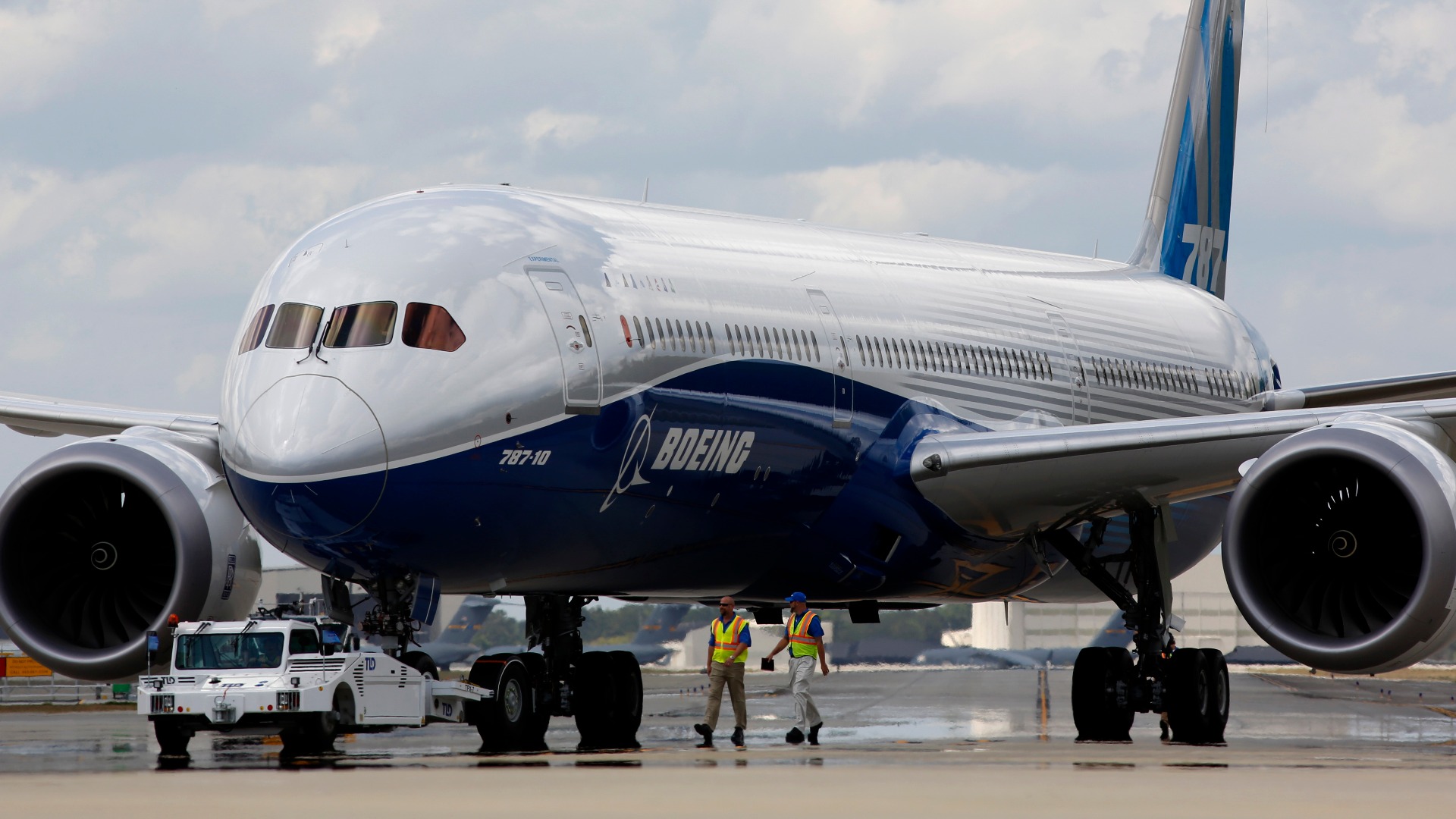
Newly Discovered Issue Impacts Near-Term 787 Deliveries, Boeing Reveals

A newly discovered production issue could delay the delivery of nearly 100 Boeing 787 Dreamliners.
The plane maker confirmed the problem on Tuesday and said that the affected planes would be repaired before delivery.
Boeing's widebody jet has been facing a number of challenges due to this production flaw. The Federal Aviation Administration has also been informed of this issue.
"A nonconforming condition"
Boeing stated in a statement sent to Simple Flying that the problem is with the stabilizer of the aircraft.
"We are inspecting 787s in our inventory for a nonconforming condition related to a fitting on the horizontal stabilizer. Airplanes found to have a nonconforming condition will be reworked prior to ticket and delivery."
Boeing does not produce the affected component, but rather a third-party supplier. The company stated that the attachment fitting was installed at a Boeing facility located in Salt Lake City Utah on the Dreamliner horizontal stabilizer. The horizontal stabilizer is essential for the proper balance of aerodynamics of the aircraft. It's located at the back of the plane just below the tail.
Boeing, according to Reuters discovered that the attachment fitting was missing shimming, and therefore did not meet specifications. Shimming fills the gaps between aircraft surfaces. According to reports, Friday, aircraft that were scheduled for delivery but suspected of a problem were stopped.
Similarly, 90 Dreamliners in Boeing's stock will be inspected before delivery. The manufacturer estimates that the repair of the defective stabilizers could take up to two weeks per affected aircraft. This would affect deliveries scheduled for the next month.
"Boeing's technical team is working to understand the full work statement to rework inventory airplanes prior to delivery," mentioned Jim Proulx, Senior Media Relations Advisor of Boeing Commercial Airplanes. "It is early and we are still finalizing the rework plan, but we would expect to be able to complete the rework within a couple of weeks per airplane."
The company doesn't expect that long-term deliveries will be affected by the current repair timeline.
"While the inspections and required rework will affect timing of near-term 787 deliveries, at this time we do not expect that this issue will change our full-year guidance regarding 787 deliveries," Proulx said.
Boeing has confirmed that current aircraft can continue to operate in the world, and there are no immediate safety concerns. Boeing notified the FAA, as well as the airlines that operate the aircraft of the problem and said it would keep them updated on any progress.
Uncertainty surrounds the cause of the production defect, the number of jets that will need to repaired and whether any aircraft in service need to be fixed. Boeing has just increased its 787 production from three planes a week to four per month, according to Reuters.
This is not the first time the 787 has faced a problem. The FAA allowed Boeing to resume delivery in March after it had stopped them due to a problem with the fuselage. In April, after finding leaky lavatory faucets, the FAA ordered inspections of the aircraft.
Source: simpleflying.com








